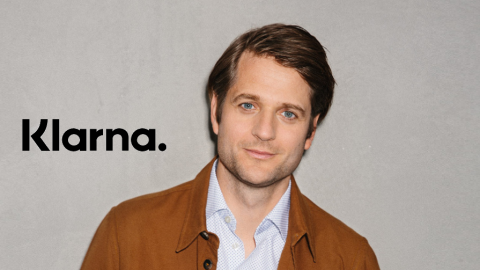Klarna, after implementing an AI-driven reduction strategy, is pivoting to hire customer service representatives, recognizing the enduring preference for human interaction.
Last year, CEO Sebastian Siemiatkowski touted the capabilities of the company’s AI assistant, claiming it was performing functions that previously required 700 employees. At that time, Klarna reduced its workforce from 5,000 to 3,800 through natural attrition, with ambitions to further decrease this number to 2,000, driven largely by automation.
However, in a recent interview with Bloomberg, Siemiatkowski acknowledged that the company’s cost-cutting measures may have been taken to an extreme. He noted, “Cost considerations became too central to our approach, leading to a decline in service quality. Moving forward, it’s crucial for us to invest in enhancing the quality of our human support.”
Klarna is experimenting with a flexible staffing model, similar to an Uber-like setup, enabling remote work for customer service representatives. Siemiatkowski emphasized the importance of ensuring that customers know they can always access human support if needed, stating, “From both a brand and a company perspective, it’s vital to communicate clearly that human assistance is always available.”
